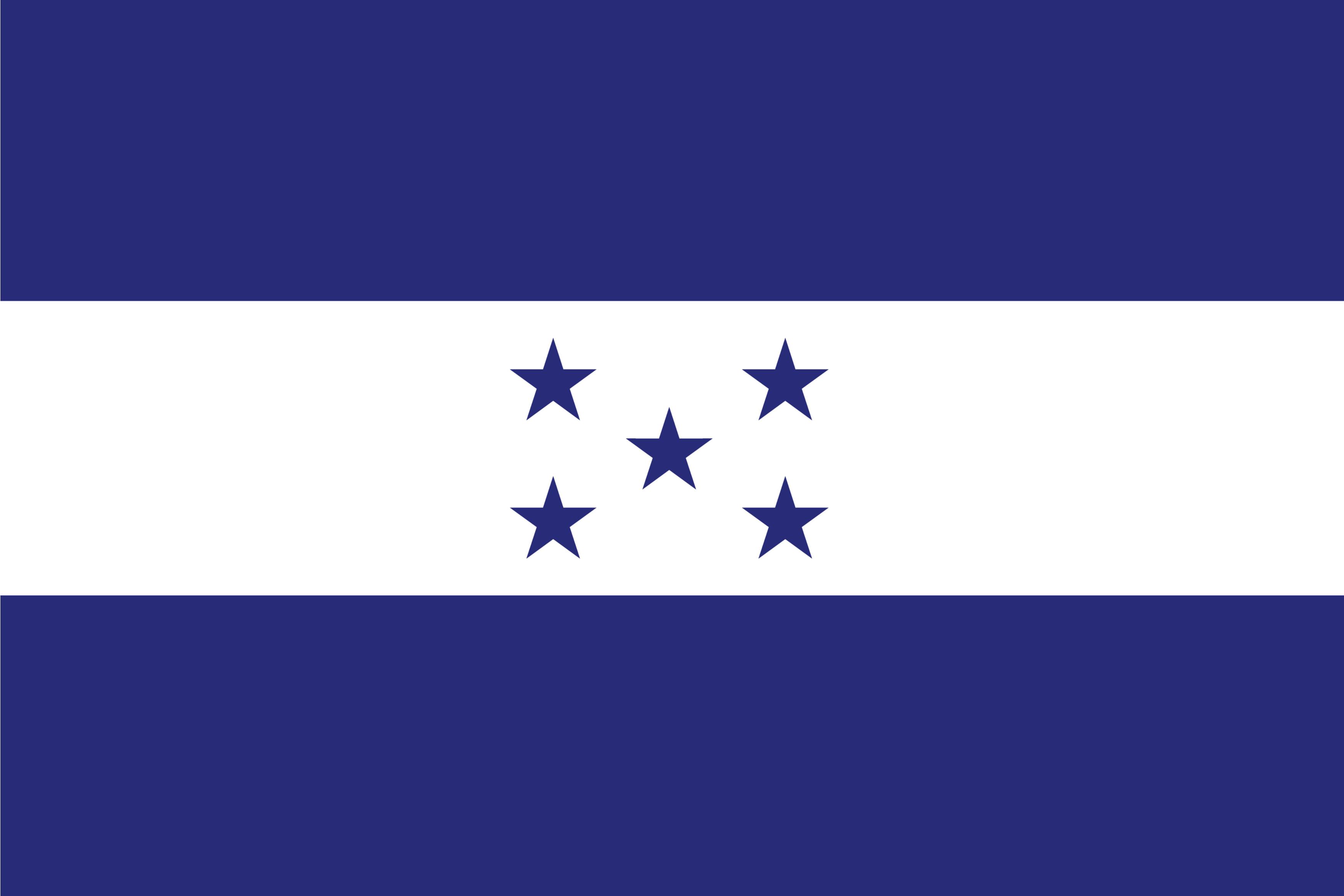One week ago, 33 Democrat representatives urged the U.S. Trade Representative and State Department to eliminate investor-state dispute settlement provisions from current and future trade deals in Honduras and the rest of South-and Central America. In a open letter they state that the investor-state dispute settlements (ISDS) is a "problematic corporate handout" system, which violates affected countries sovereignty.
For US companies the ISDS mechanism is a tool that is supposed to secure investments in Central-and South America by allowing corporations to sue nations for compensation if they abruptly change their policies towards corporate involvement and investment. The ISDS mechanism is closely related to the "Dominican Republic-Central American Free Trade Agreement" (CAFTA-DR). The Free Trade Agreement allows companies to acquire land in these countries and establish autonomous zones in which constitutional labor and environmental requirements are suspended.
In the specific case the congresspeople brought forward the U.S. investment company, Honduras Prospera Inc. claims of, close to $11 Billion in compensations from Honduras, after the Honduran congress repealed the law allowing the autonomous zones. If the compensation claim goes through, the small country would have to pay more than a third of its GDP to a greedy US corporation securing profits through agreements between the strongest and one of the smallest economies in the Americas, while draining Honduran tax payers for its losses.
The claim comes after the Honduran congress repealed the autonomous zones as unconstitutional and made an effort to expel them from their land. Throughout the Americas, the agreement led to a total of $27.8 Billion in ISDS settlement orders, most of which were against Argentina, Venezuela, Peru, Mexico, and Ecuador. If the $10 Billion settlement demand against Honduras would go through, this would blow every other claim out of the water and would open the doors for more companies suing for massive amounts of compensation.
In their paper, the lawmakers wrote that, "the broken ISDS has time and time again worked in favor of big business interests while infringing on the rights and sovereignty of our trading partners and their people."
We as IRTF are hopeful that the lawmakers' fight against the Dominican Republic-Central American Free Trade Agreement is successful, as it takes away Cental-and South American countries sovereignty and opens the door for human rights abuses, exploitive labor and environmental destruction, though this is unlikely.
But no matter what the outcome will be, we as IRTF will keep on fighting corporate greed and unjust business making in Central America.
Read the full letter here: https://www.warren.senate.gov/imo/media/doc/2023.05.02%20Letter%20to%20T...


